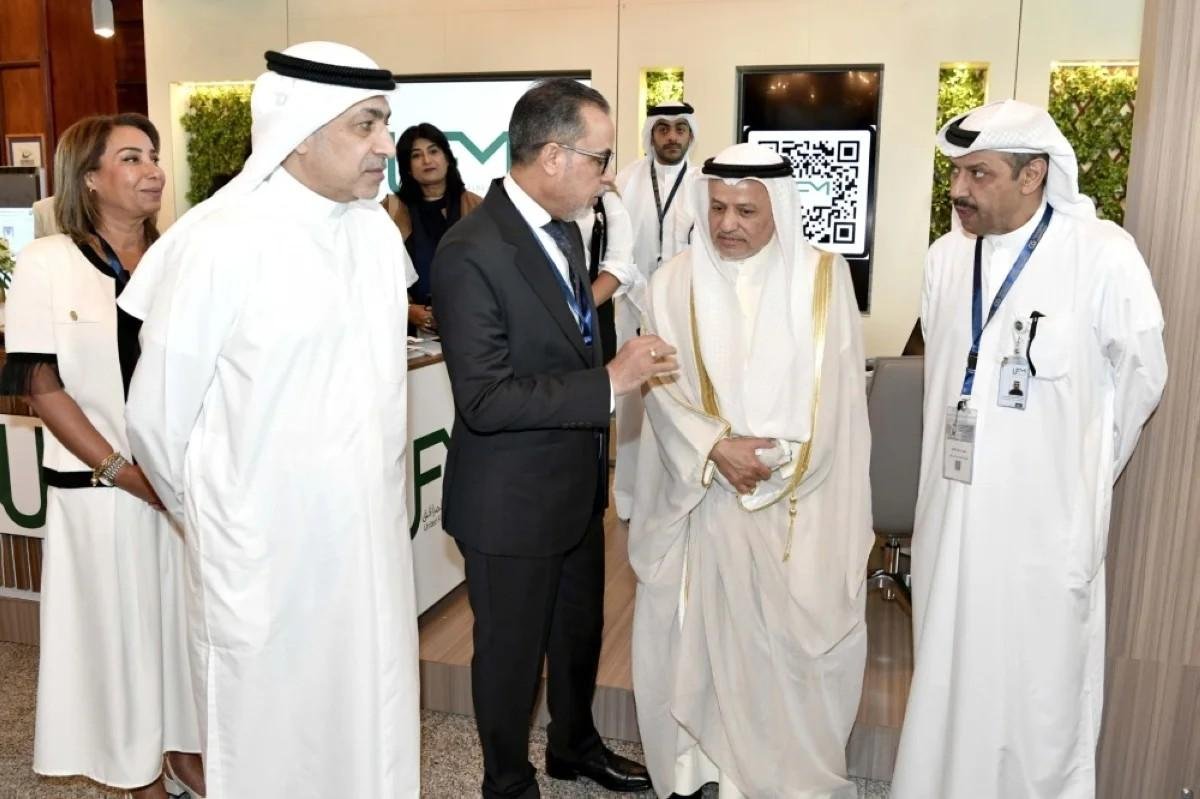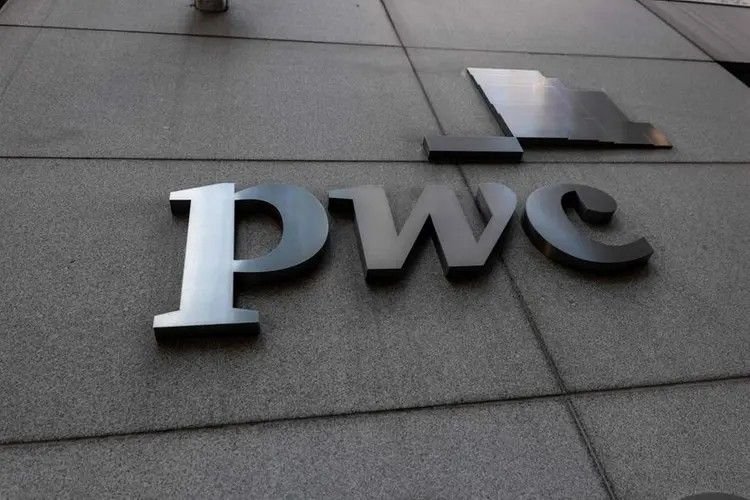KUWAIT: The Communication and Information Technology Regulatory Authority (CITRA) reaffirmed Kuwait’s commitment to advancing artificial intelligence (AI) and digital transformation as part of its long-term national innovation strategy. Speaking at the International Forum on Artificial Intelligence and Digitization and the Gulf Conference on Archiving, Documents, and Archives Management, CITRA Chairman Dr Khaled Al-Zamel emphasized that Kuwait is focused on enhancing its digital infrastructure and improving government efficiency in line with global technological progress.
Held under the patronage of Minister of State for Communications Affairs Omar Al-Omar, the forum brought together government and private sector representatives, along with experts from across the Gulf. Dr Al-Zamel noted that CITRA continues to develop policies and regulatory frameworks to enable the adoption of emerging technologies while ensuring ethical AI use, cybersecurity, and protection of human values.
He highlighted that AI and digitization have become central to administrative and economic development, serving as key enablers of institutional performance, service quality, and evidence-based decision-making. “The forum provides a platform for Gulf and international dialogue to unify efforts, exchange expertise, and explore cooperation between government institutions, the private sector, and academia,” Al-Zamel said. He added that adopting AI responsibly is a civilizational duty that requires awareness, discipline, and adherence to international standards.
Acting Director General of the Central Agency for Information Technology (CAIT), Najat Ibrahim, underscored that Kuwait’s digital transformation is accelerating under the ‘New Kuwait 2035’ vision, led by the Ministry of State for Communications Affairs. She detailed ongoing initiatives, including the transition to cloud computing, the creation of inter-agency digital platforms, and the unification of programming interface management to streamline integration between government systems.
These efforts aim to enhance service efficiency, secure data exchange, and improve user experience while promoting innovation across public and private sectors. Ibrahim described the forum as a key step toward consolidating regional cooperation, saying it opens new horizons for policymakers and IT specialists to contribute to GCC-wide digitization goals.
Both leaders expressed hope that the forum’s discussions will lead to actionable recommendations and practical projects, helping build a safe, prosperous, and sustainable digital future for Kuwait and the broader Gulf region.
















One thought on “Kuwait Showcases AI and Digital Transformation Efforts at International Forum”
Comments are closed.